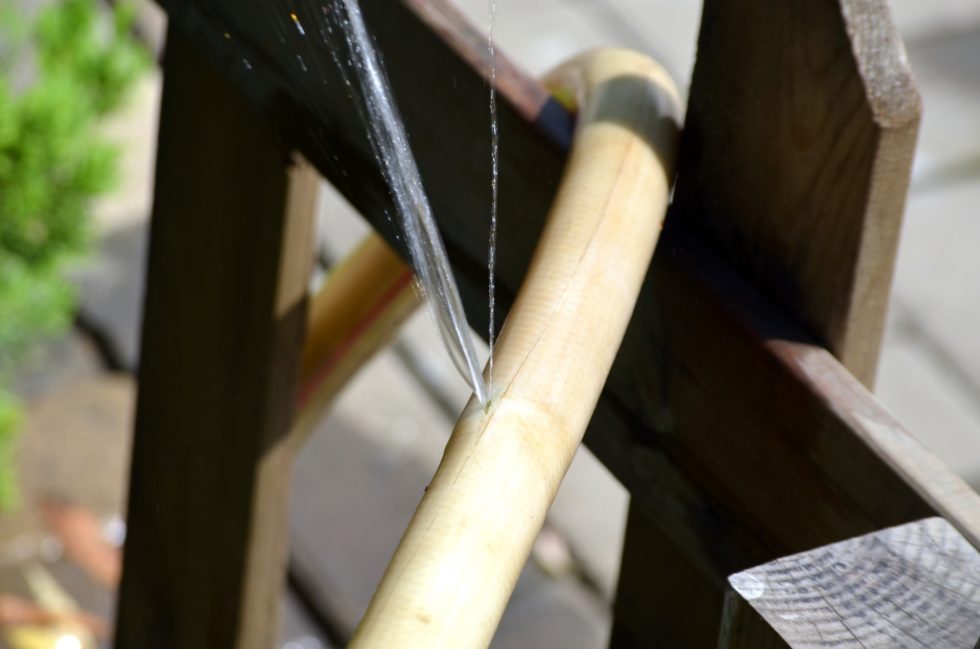Sep . 02, 2024 14:13 Back to list
Buy High-Pressure Hydraulic Hose Online | Durable & Reliable Solutions
Buying High-Pressure Hydraulic Hoses A Comprehensive Guide
When it comes to industrial applications, hydraulic hoses are indispensable components that facilitate the transfer of power through hydraulic fluids. High-pressure hydraulic hoses are particularly essential in industries where heavy machinery and equipment are operated under extreme conditions. If you're in the market to buy hydraulic hoses, understanding the key factors will help ensure you make a prudent investment.
Understanding Hydraulic Hoses
Hydraulic hoses are designed to convey hydraulic fluid within hydraulic systems. They are built to withstand high pressure and, depending on their specifications, can handle various types of fluids, including oil, water, and chemicals. High-pressure hydraulic hoses are typically reinforced with layers of materials such as steel or synthetic fibers to enhance their durability and resistance to bursting.
Key Factors to Consider When Buying High-Pressure Hydraulic Hoses
1. Pressure Rating One of the most critical factors to consider is the pressure rating of the hose. Ensure that it meets or exceeds the maximum pressure requirements of your application. Hoses are usually rated in PSI (pounds per square inch). It's important to factor in potential pressure surges and select a hose with an appropriate safety margin.
2. Material Composition The materials used in the construction of the hose can significantly impact its performance and lifespan. Common materials include rubber, thermoplastics, and synthetic fibers. Choose a hose material that is compatible with the type of hydraulic fluid you will be using and is suitable for the environmental conditions (temperature extremes, exposure to chemicals, etc.).
3. Size and Length Hydraulic hoses come in various sizes and lengths. It’s essential to select the correct diameter that matches your fittings and a length that provides adequate reach without unnecessary slack. A hose that is too long may hinder performance, while one that is too short can lead to connection issues.
buy hydraulic hose high pressure

4. Fittings and Couplings The type of fittings (e.g., JIC, NPT, or SAE) and couplings necessary for your hydraulic system should be carefully considered. Ensure compatibility with your existing equipment to guarantee a leak-free connection. Some hoses come with fittings pre-attached, while others may require separate purchases.
5. Temperature and Environmental Resistance Depending on the application, high-pressure hoses may be subjected to extreme temperatures and environmental factors. If your application operates in a high-heat environment or involves exposure to chemicals, look for hoses specifically rated for those conditions.
6. Certification and Standards Look for hoses that comply with industry standards such as SAE, ISO, or DOT. Compliance with these standards often indicates a higher level of safety and reliability, which is crucial for high-pressure applications.
Where to Buy High-Pressure Hydraulic Hoses
You can purchase high-pressure hydraulic hoses from various suppliers. Online retailers, industrial supply houses, and specialized hydraulic equipment distributors offer a wide range of products. Always verify the reputation of the supplier, read customer reviews, and check ratings before making a purchase to ensure you are getting a quality product.
Conclusion
Investing in high-pressure hydraulic hoses is critical for the efficient and safe operation of hydraulic systems. By considering the factors outlined above, you can make an informed decision that will enhance the reliability and performance of your machinery. Always prioritize quality and compatibility when selecting your hoses, as these efforts will ultimately result in a safer, more efficient operation.
-
Best Four Steel Wire Spiral Hose Hydraulic R12 – Durable High-Pressure Hose Manufacturer
NewsJul.08,2025
-
High-Quality 1/4 Hydraulic Hose – Soft, Flexible & Durable Rubber Hoses for Industrial Use
NewsJul.08,2025
-
1 1 2 Inch Hydraulic Flexible Hose - Durable, Reliable, High-Pressure Solutions
NewsJul.07,2025
-
High-Quality 1 2 Rubber Hose - Durable, Flexible Hydraulic Solutions
NewsJul.07,2025
-
Discover SAE Hydraulic Hose Types - High Quality & Durable Hoses from Leading Factory Supplier
NewsJul.06,2025
-
High Pressure Wire Hydraulic Rubber Hose Supplier Durable & Reliable 1SN Hose Solutions
NewsJul.06,2025
